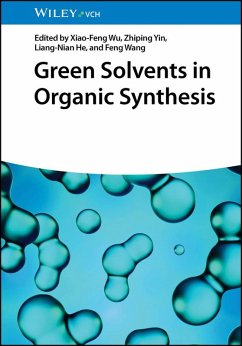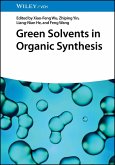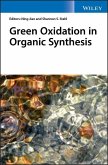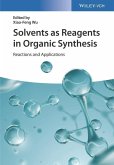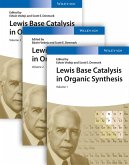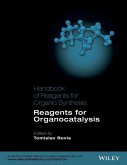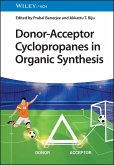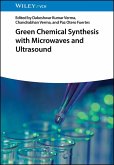A well-timed book that aims at sustainability in synthesis and production of chemicals. Details the different green solvents, their physiochemical properties, performance, and distinct applications. Presents a greener approach to replacing the conventional solvents by sustainable solvents by finding similarities in their reaction mechanisms. It also includes the technical, economic, and environmental aspects of these solvents showing how to maximize their reuse and recycling.
Dieser Download kann aus rechtlichen Gründen nur mit Rechnungsadresse in A, B, BG, CY, CZ, D, DK, EW, E, FIN, F, GR, HR, H, IRL, I, LT, L, LR, M, NL, PL, P, R, S, SLO, SK ausgeliefert werden.

